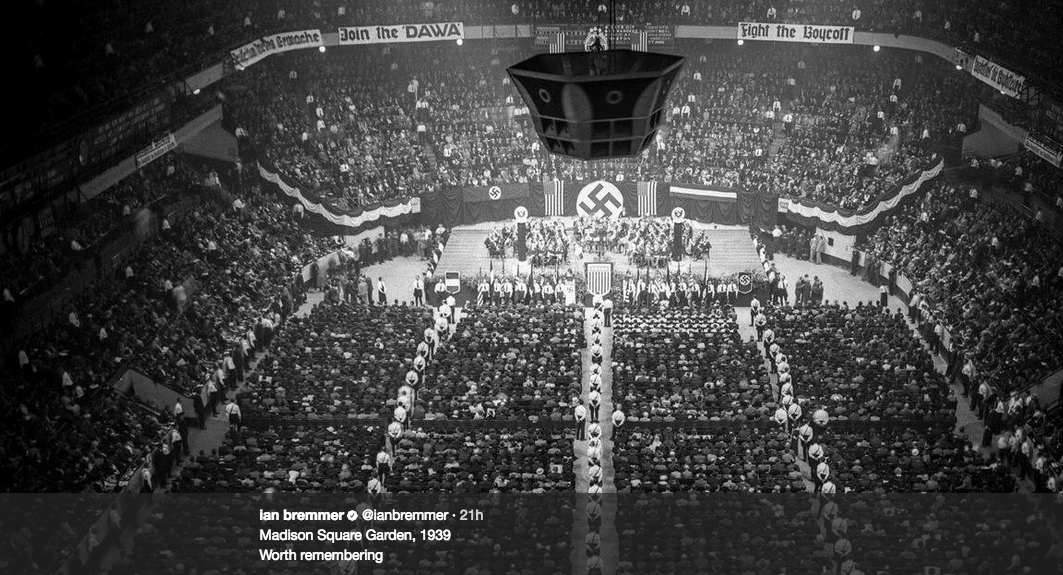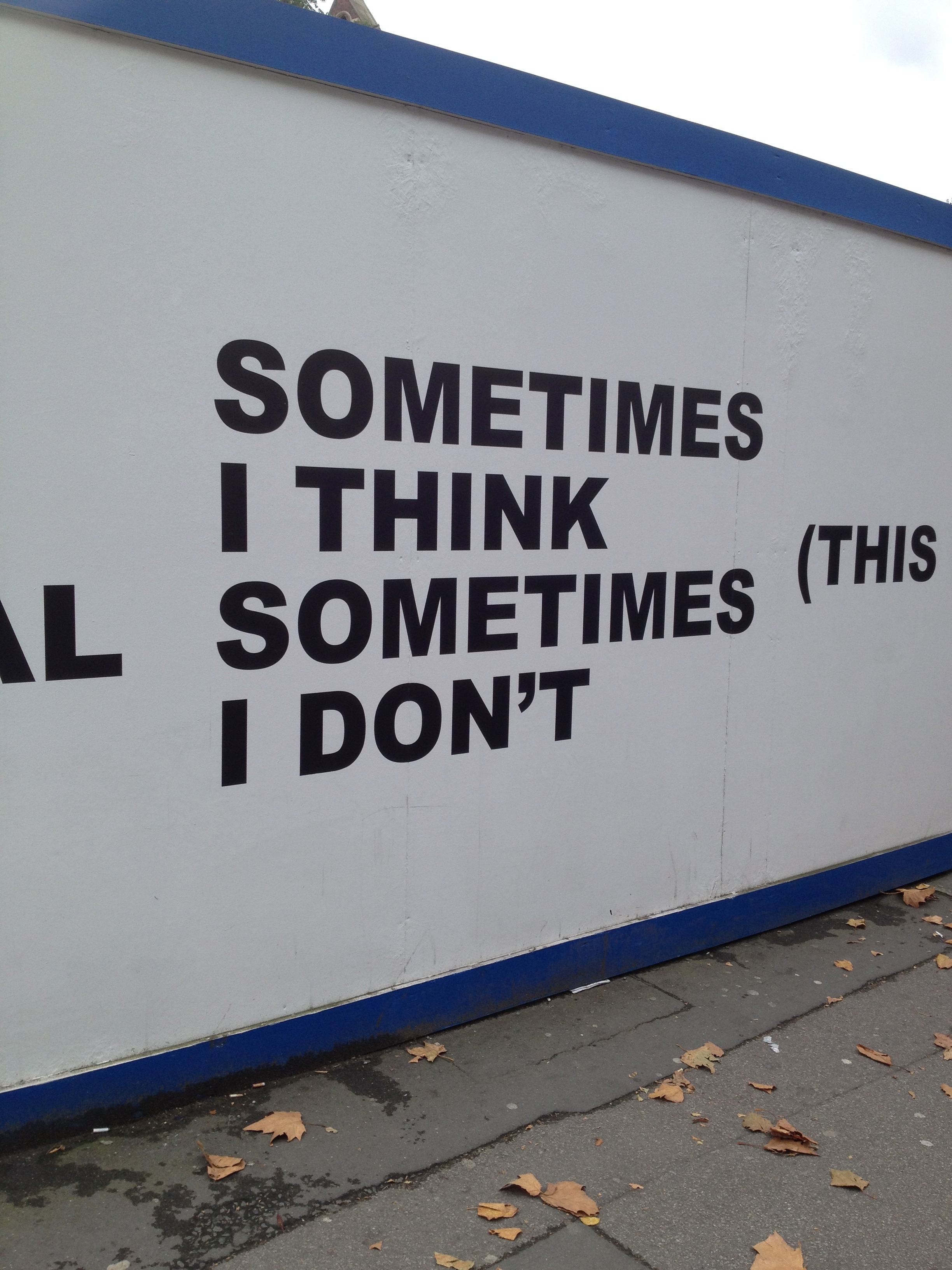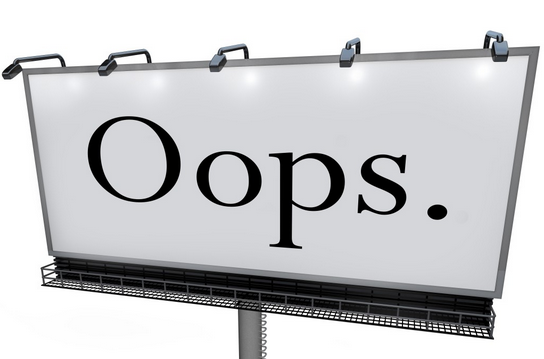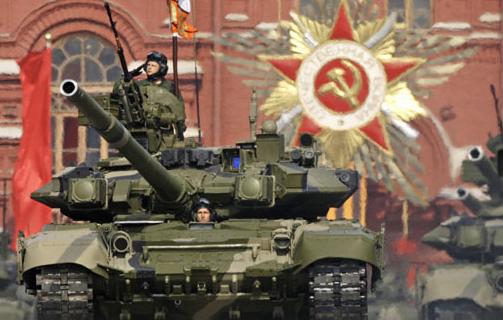I don’t usually read Newsweek, but I picked up a copy at the airport not so long ago. Their report on the scary new rich is one of the best things I’ve read in ages in the sense that I think they are totally on the money. Here, in brief, is what they said.
The middle class is often laughed at in Britain, but it has largely been the middle class that has driven development. They have been the moderators of extremism in politics and the brainpower behind much of the last century’s economic miracle. However, their day may soon be over. In ‘developed’ nations, especially in UK, the middle classes are about to get squeezed due to high levels of government debt (cue higher direct and indirect taxation), higher energy costs and rising food prices. In short, the rising standard of living that has been expected for more than a generation could be about to evaporate and families will find themselves considerably worse of than their parent’s generation. This is frightening enough but it’s not all that’s happening.
A new prosperous middle class is rapidly emerging in countries such as China, Russia, Brazil, India, Turkey and Indonesia. In 2009, 70 million new middle class people made an appearance on the world stage. According to Goldman Sachs they will be joined by roughly 2 billion others by the year 2050. These people buy stuff. The Chinese purchased more cars than Americans last year and in twenty years time people living in the so-called ‘emerging markets’ will own 90% of mobile phones. But what if the ‘emerging markets’ soon swap places with the ‘developed markets’ economically. What then?
It’s not just raw spending power that makes this trend interesting either. It has always been assumed that when nations like China or India develop they will adopt broadly western attitudes. Shanghai and Rio will end up looking much like London or Sydney. But what if they don’t? What if the new emerging middle class rejects liberalism, free markets and free speech? This is exactly what seems to be happening.
For example, the new Brazilian middle class approves of state intervention in the oil industry so as to keep foreign interest out of their country. Russia’s middle class (now 78% of the entire nation) is broadly supportive of Russia’s autocratic leader (the one pulling the strings, not the elected leader). This new middle class is broadly supportive of authoritarian government, state control and limits on free speech and elections just so long as the local economy keeps growing. This new middle class is individualistic and supportive of free trade and globalisation but is also nationalistic, protectionist and, in some instances, spoiling for a fight with the likes of the US. In short, millions of newly wealthy people around the world are rejecting the notion that you need political freedom for economic growth and are supportive of the idea that it doesn’t matter who runs the country, just so long as they keep in running it smoothly.
Meanwhile, the middle class in countries like the US is becoming suspicious of globalisation and is arguing that jobs that were once outsourced should be brought back home. As a result old antagonisms and special interests between nation states are starting to fray and a new world order is slowly taking shape, largely based around economic prosperity or the lack of it.
Of course there’s one area where the old and new middle classes converge. Both are anxious about the economy, interest rates, unemployment and global chaos. Both are also driven by a combination of pride and insecurity. Scary don’t you think?





